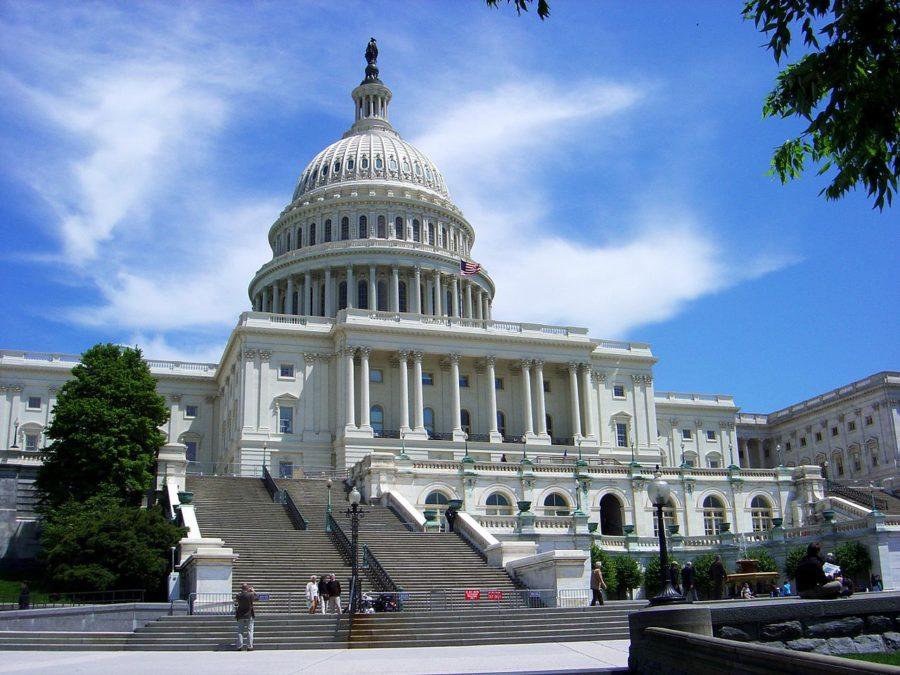Editorial: We need the Consumer Financial Protection Bureau
October 30, 2017
The Consumer Financial Protection Bureau (CFPB) was created in 2011 to educate and support individuals who faced a variety of problems with their banks and other financial institutions. The CFPB has been extremely effective; with its help, individual consumers have recovered almost $12 billion.
In July, the CFPB finalized a ruling that gave consumers the right to join together in class-action lawsuits against financial institutions. The rule was needed because individuals rarely have the resources to sue large companies for widespread abuses, such as the false credit cards Wells Fargo has admitted to issuing. But just last week the Senate voted by a one-vote majority to rescind this rule.
Class-action lawsuits are an alternative to “forced arbitration,” which many contracts routinely require in their “terms and conditions.” However, arbitration imposes restrictions on consumers and favors companies. The company sets the schedule, usually the company hires the arbitrator, arbitration is binding and cannot be appealed and arbitration is private. In a large majority of arbitration cases, the company wins.
Opponents of class action-lawsuits say much of any settlement goes to lawyers’ fees. Proponents of class-action lawsuits say the strength of large numbers of claimants, the publicity and the total dollar amount of settlements in successful suits all serve as deterrents. If companies can cheat customers with impunity, they will do so again. However, if companies face large, very public losses, they are more likely to be deterred.
Why not let consumers make an informed choice in how they seek remedy for wrongs done to them? We note that financial institutions themselves have filed class-action lawsuits against Equifax, the credit-rating company whose data on 143 million customers has been hacked. Banks and credit unions believe they will incur additional costs resolving problems caused by Equifax’s poor information security and know that together they have a more powerful case. Shouldn’t individuals have the same rights to class-action lawsuits the banks have chosen to exercise when they are harmed?







